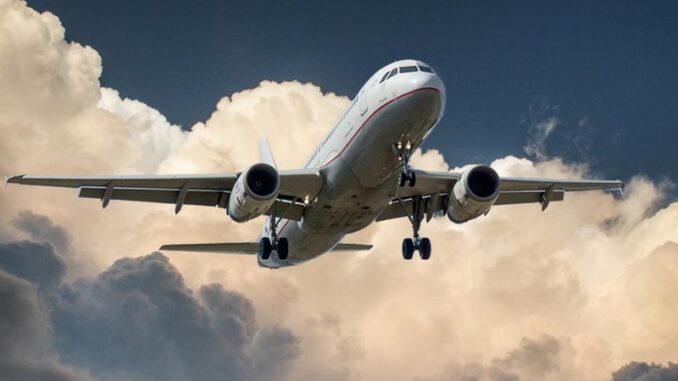
Airbus, in partnership with the Department of Transportation, Department of Energy and Civil Aviation Authority, is conducting a feasibility study to explore developing a sustainable aviation fuel (SAF) ecosystem in the Philippines.
The initiative aligns with the Philippines’ commitment to sustainable aviation and follows the establishment of an SAF committee under the National Biofuels Board, overseen by the DOE.
The study will adhere to guidelines set by the International Civil Aviation Organization (ICAO) and serve as a crucial step in shaping the Philippines’ SAF roadmap.
“On behalf of our partner agencies CAAP, DOE, DOST, and other NBB SAF Committee members, we thank our private-sector partners for participating to jumpstart the foundations of our SAF industry,” said DOTr Undersecretary for aviation and airports Roberto Lim.
“The study will help develop relevant policies, regulations, and programs to advance economically viable SAF production in the Philippines,” said Lim.
As an ICAO member, the Philippines is committed to achieving the industry’s net-zero carbon emission target by 2050. The nation will rely on a basket of measures: fleet renewal, disruptive technologies, operations improvement, SAF and carbon offset to reach this goal.
Airbus will contribute to the country’s SAF feasibility study in support of the Philippine’s SAF roadmap and as a partner of ICAO ACT-SAF. The company will analyze country-specific macroeconomic data, evaluate SAF feedstocks and production pathways, assess relevant implementation support, financing, and policies, as well as draft an action plan.
“This study will serve as a critical reference to springboard further development of relevant policies and at the same time encourage industry stakeholders to advance economically viable SAF production in the Philippines,” Airbus said.
SAF brings an average 80-percent reduction in carbon emissions over the life cycle compared with fossil fuels, from production to end use as a major lever in the journey towards the decarbonization of the aerospace industry.
All Airbus aircraft are already able to operate with up to 50-percent SAF. Airbus aims for all its aircraft to be capable of operating with up to 100 percent SAF by 2030.


Be the first to comment